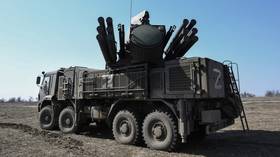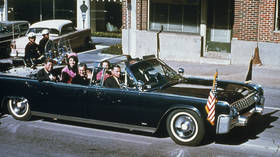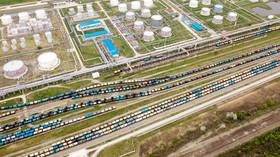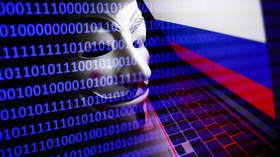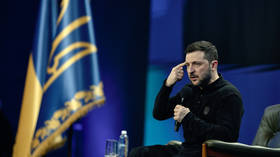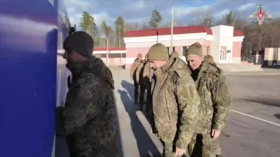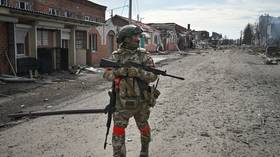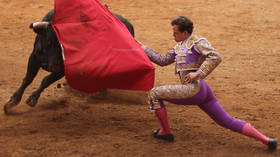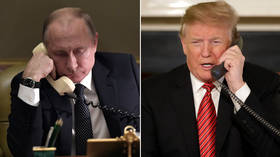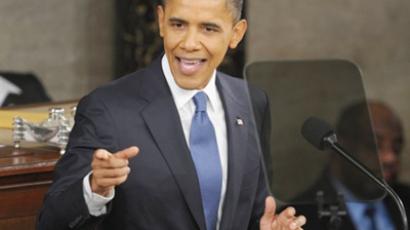Apollo 13: lucky for some
James Lovell, the commander of the Apollo 13 mission which failed to land on the moon because of an explosion, shared his recollections with RT and explained why faith matters on a space mission.
The mission, which was launched from Kennedy Space Center in Florida on April 11, 1970, was however aborted after an oxygen tank exploded two days later, crippling the service module upon which the Command Module depended. It happened at a distance of 321,860 kilometers (199,990 miles) from Earth and more than halfway to the moon. The explosion caused limited power, a loss of cabin heat, shortage of potable water and the need to jerry-rig the carbon dioxide removal system, the crew landed safely on Earth on April 17. When the explosion occurred on the spacecraft, the crew had to control it manually.“We did not know we were safe until we saw water splashes over the window. It meant we were back in the ocean and the spacecraft had not sunk. From the time of the explosion all the way back, there were certain crises we had to overcome,” Lovell explained. “When the explosion occurred, Jack Swigert first said, ‘Hey Houston, we have a problem here.’ The capsule communicator came back and said “Say again please”. I then said, ‘Houston, we’ve had a problem.’ That’s the true story, that’s how the famous phrase was born,” recollected Lovell.Lovell started out for the moon twice, but never landed on it.“The first time was deliberate. We were merely going to test out the navigation and look for suitable landing spots for the people who would make the first landing,” explained Lovell.“Before the flight I tried to figure out what I would be doing on the moon. But after I came back on Earth I never dreamed about it again,” he added. Lovell told RT that, though he was not too religious, faith mattered a lot on the mission.“You have to have faith. Not so much God will be on your side, but faith in your fellow men who built the spacecraft. You have to believe everything will be ok,” said the astronaut. When Lovell was going to fly to the moon the second time he admitted being anxious.“I wanted to do something I always planned. I was the backup on Apollo 11, so if Armstrong became sick or broke his leg, I was ready to go instead of him. I wanted to close up my flying space career by landing on the moon,” he said.Lovell told RT that the moon does not have the romance it used to have for him now. “Even though sometime I wish I could come back there,” he concluded.



